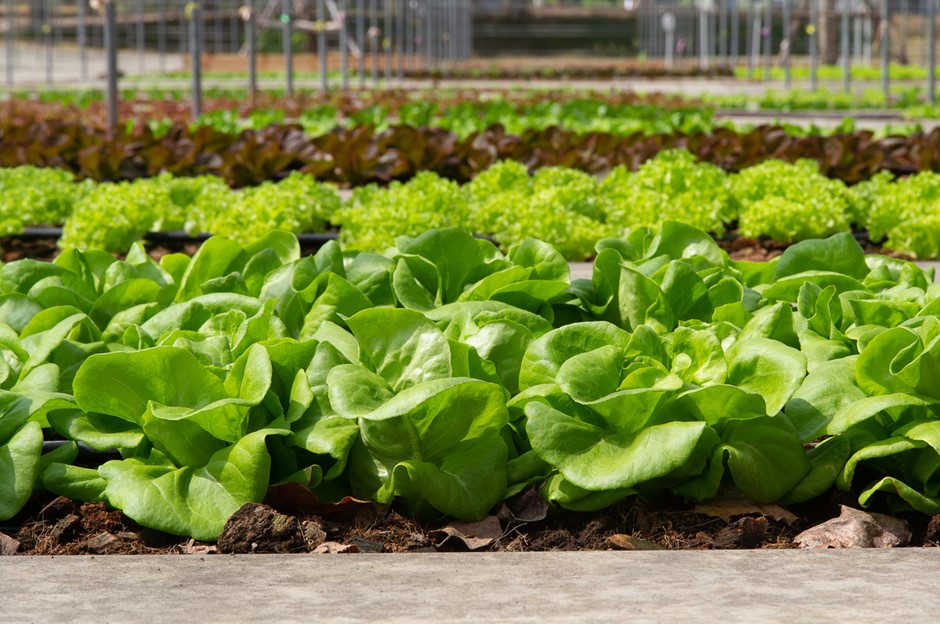Gene Editing Reduces Anxiety and Increases Food Intake in Japanese Medaka
Researchers from China investigated the impact of knocking out the Neuropeptide Y receptor Y2 (npy2r) in the behavior and food intake of Japanese rice fish, also known as medaka (Oryzias latipes). Results of the study showed that the absence of npy2r reduced anxiety and increased the food intake of Japanese »














